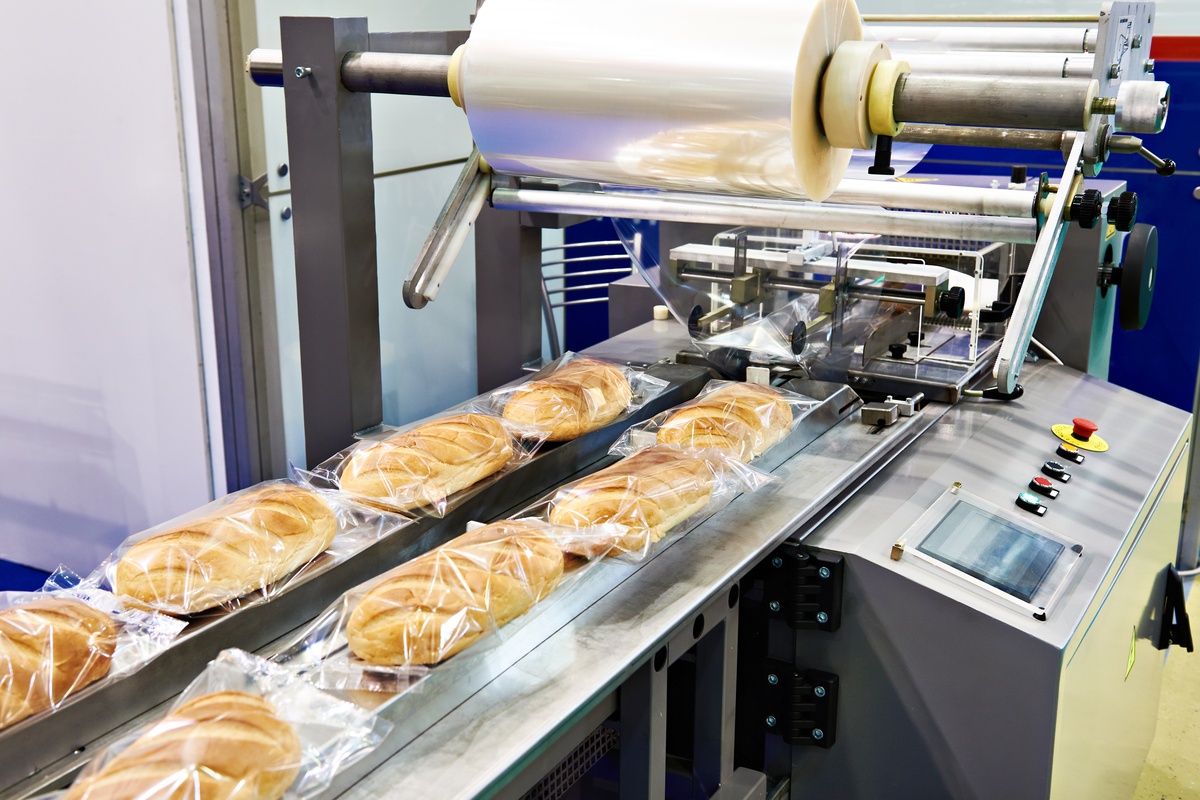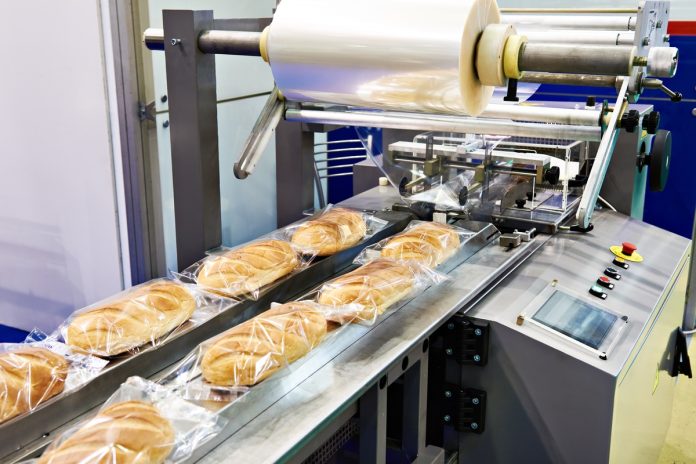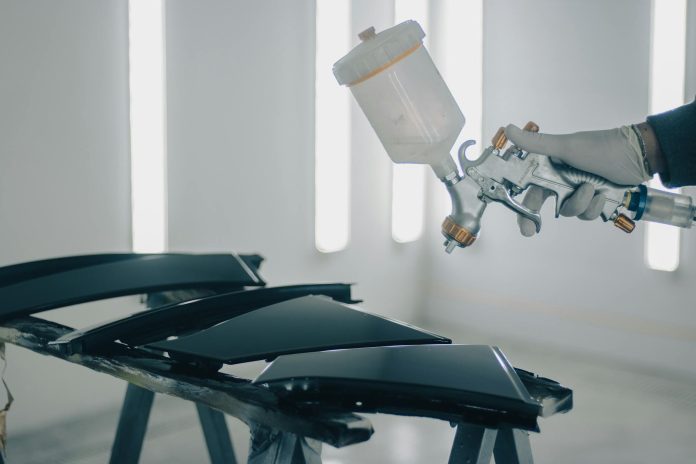Polypropylene is a versatile, durable, and cost-effective material widely used across industries. Its sustainability and lightweight properties make it ideal for creating tough, innovative products while reducing costs. Here’s how polypropylene is used in different industries to innovate and save costs.
Textile Industry
Professionals in the textile industry use polypropylene to produce nonwoven fabrics and technical textiles, such as carpets, upholstery, and outdoor gear. This polymer provides excellent resistance to stains and water.
It is also useful for making lightweight clothing, such as thermal undergarments, because it retains heat while wicking away moisture. Its affordability and durability make it a popular material for functional and performance-focused textiles, while its sustainability provides a faster biodegradation rate, lighter carbon footprint, and recyclability.
Electric Vehicles
Something you might not know about electric vehicles (EVs) is that polypropylene is used in their manufacturing to reduce weight and improve energy efficiency. Manufacturers use it for interior panels, bumpers, and battery casings.
Its light weight, impact resistance, and moisture protection enhance EV performance, while its durability ensures long-lasting, reliable components. Using polypropylene helps reduce energy consumption, making it a valuable material for sustainable electric vehicle design.
Food Packaging Applications
Polypropylene plays a key role in the food industry, particularly in packaging. Its moisture and bacteria resistance helps maintain freshness and extend shelf life. This makes polypropylene perfect for yogurt containers, takeaway food boxes, and resealable bags. Additionally, using polypropylene fabric in food packaging supports sustainability, and composting it at the end of its life cycle can further reduce environmental impact.
Producing Consumer Goods
Polypropylene features in everyday items like reusable water bottles, storage containers, and household appliances. Its heat resistance makes it microwave-safe, while its nontoxic properties make it ideal for storing food and beverages. Polypropylene’s durability and recyclability support sustainable living by reducing waste and encouraging long-lasting, eco-friendly products.
Uses within Medical Equipment
Healthcare workers rely on disposable medical tools made from sustainable synthetic polymers. Items like syringes, IV connectors, and surgical trays are crafted from this material due to its ability to withstand repeated sterilization without degrading, ensuring both safety and hygiene. Its lightweight nature not only makes it comfortable for patients wearing medical devices over extended periods, but it also reduces transportation costs and energy use, promoting environmental efficiency.
Construction Applications
Polypropylene exists in piping systems, insulation, and concrete reinforcement. It prevents cracks by strengthening concrete, improving the longevity of structures and surfaces. In addition, it is resistant to chemicals, corrosion, and wear.
The durability and long-lasting nature of polypropylene reduces the frequency of maintenance and replacement, cutting down on energy consumption and reducing overall waste. Additionally, many polypropylene products can be recycled, helping to decrease landfill waste and lower the carbon footprint of construction projects. By supporting energy-efficient and eco-friendly building practices, polypropylene helps minimize the environmental impact of the construction industry, making it a more sustainable choice for modern infrastructure.
Electronics and Technology
Polypropylene is nonconductive, so it is used in electronic housings and cable insulation. Because it is lightweight and durable, it protects delicate technologies from temperature fluctuations, moisture, and external damage.
Polypropylene’s widespread use across industries highlights its role in sustainable manufacturing. Its applications in automotive design, health care, and consumer products showcase its versatility and eco-friendly benefits. Professionals choose polypropylene for its cost efficiency, durability, and ability to support more sustainable product designs, contributing to reduced waste and environmental impact.











